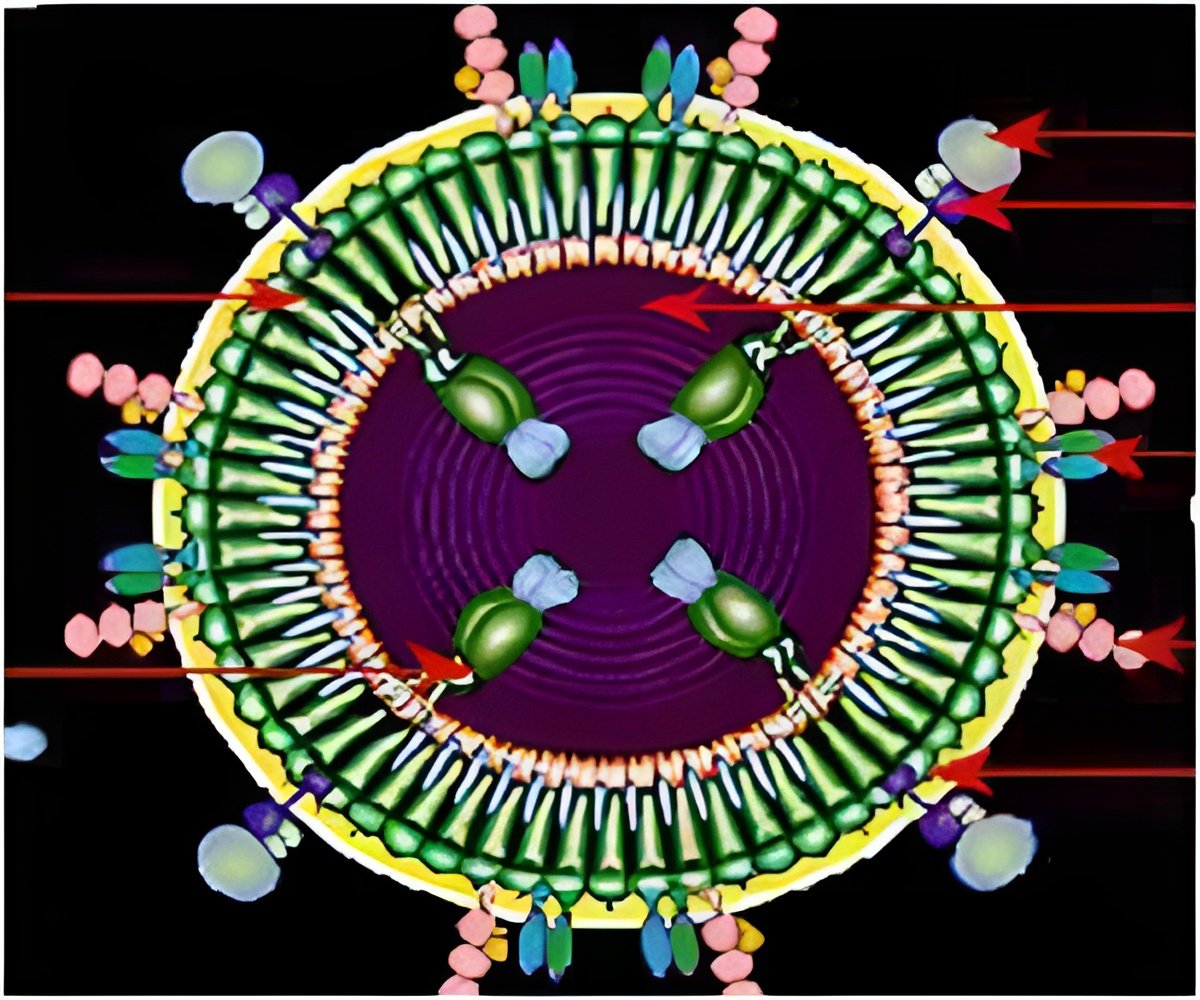
These proteins are a likely drug target for preventing HIV from reaching brain cells. Although not a direct focus of this research, these proteins might also shed light on novel mechanisms for helping drugs penetrate the blood-brain barrier.
The researchers found that the mature monocytes had an increased ability to enter into the brain due to the unique proteins they expressed, which could lead to HIV infecting the brain.
John Wherry, Ph.D., Deputy Editor of the Journal of Leukocyte Biology, said that Monocytes are normal part of the immune system's defense against viruses, but these cells have also been known to act like "Trojan horses" and carry viruses from the site of initial infection to other parts of the body.
Identifying how these cells facilitate HIV entry into the brain might provide new treatment opportunities not only for HIV but other neurological diseases, he further added.
Advertisement
Source-ANI















